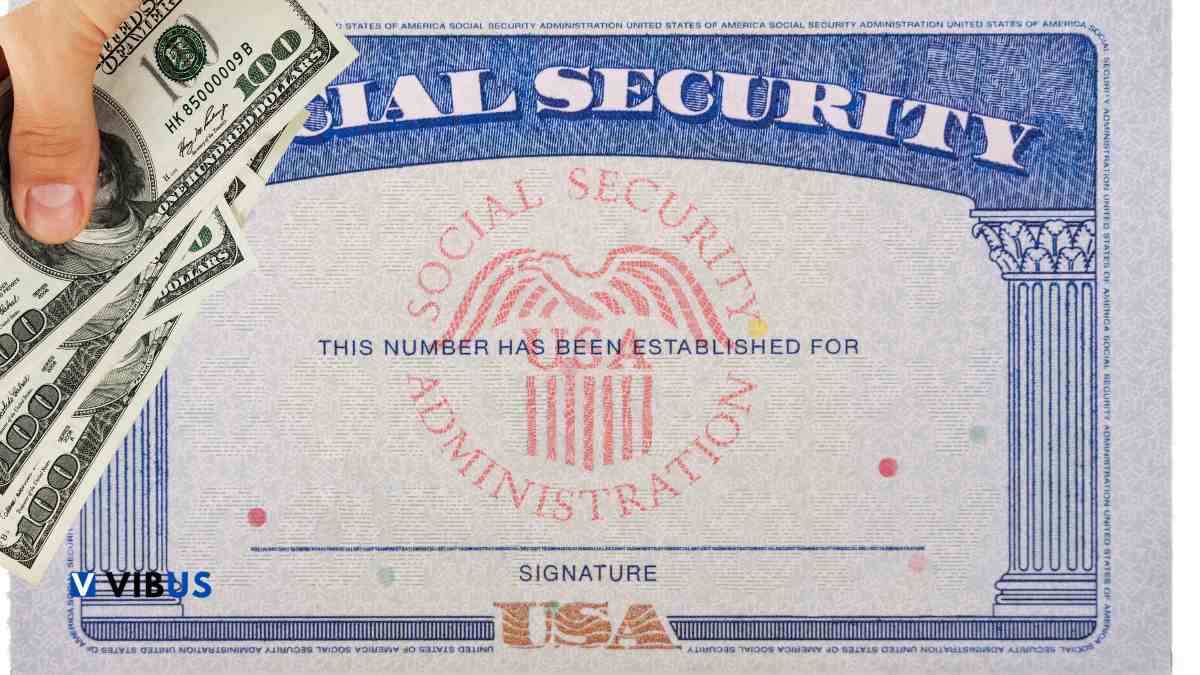The Social Security doesn’t pay all beneficiaries on the same day. Payment dates vary depending on the beneficiary’s birthdate and the type of benefit they receive. Generally, those born earlier in the month receive their payments before those born later.
For example, individuals born between the 1st and 10th of any month receive their payment on the second Wednesday of the month. Those born between the 11th and 20th receive their payment on the third Wednesday, and those born between the 21st and 31st receive their payment on the fourth Wednesday.
Exceptions to Social Security Payment
There are exceptions to this rule. Individuals who have been receiving retirement benefits for over 27 years typically receive their payment on the third day of the month. Supplemental Security Income (SSI) beneficiaries usually receive their payments on the first day of the month.
In August 2024, there will be two payments for SSI beneficiaries. Since September 1st falls on a Sunday, the SSA will advance the September payment to August 30th, as they do not make payments on weekends.
Payment Schedule for August 2024
For clarity, here is the payment schedule for August 2024:
- August 1: SSI payments and Social Security payments for those who started receiving benefits before August 1997.
- August 2: Social Security payments for those who also receive SSI.
- August 14: Payments for beneficiaries born between the 1st and 10th of any month.
- August 21: Payments for beneficiaries born between the 11th and 20th of any month.
- August 28: Payments for beneficiaries born between the 21st and 31st of any month.
- August 30: Advance SSI payments for September due to September 1 being a Sunday.
Importance of Knowing Payment Dates
It’s crucial for beneficiaries to know their payment dates to plan their finances properly. This organization is essential, especially for those who heavily rely on these payments to cover their monthly expenses.
Additionally, being informed about the payment dates helps avoid unnecessary worries if the payment doesn’t arrive on the expected date. If the payment is not received on the scheduled date, the SSA advises waiting three business days before contacting them.
How the Payment Schedule Affects Beneficiaries
The variability in payment dates might seem confusing at first, but it helps the SSA manage fund distribution efficiently. By staggering payments throughout the month, the SSA can reduce the burden on banking systems and ensure that beneficiaries receive their funds without significant delays.
For beneficiaries, knowing their specific payment date allows better budget management. For instance, those receiving payments early in the month can plan to pay their bills immediately, while those receiving payments later might need to adjust their payment schedules.
Tips for Managing Social Security Payments
Here are some tips for better managing Social Security payments:
- Mark Payment Dates on the Calendar: Keep an updated calendar with payment dates to avoid forgetting.
- Set Up Bank Alerts: Many banks offer alerts to notify you when a deposit is made. This can help you stay aware of when funds arrive.
- Plan Bill Payments: Organize your bill payments based on when you receive your benefits to avoid overdrafts or late fees.
- Check Bank Statements: Verify your bank statements to ensure deposits are made correctly and on the expected dates.
The Role of SSI and Its Impact
Supplemental Security Income (SSI) is a crucial program that provides assistance to elderly, blind, or disabled individuals with limited income. Unlike other Social Security benefits, which are based on previous work income, SSI is funded through general Treasury revenues and not Social Security taxes.
SSI payments are usually made on the first day of each month. However, if this date falls on a weekend or holiday, the SSA advances the payment. This adjustment ensures beneficiaries do not face delays in receiving their funds, which is vital for those who rely on these payments for daily needs.
What to Do If You Don’t Receive Your Payment
If you don’t receive your payment on the expected date, the SSA recommends waiting three business days before contacting them. This is because banking processing times can vary, and payments may be slightly delayed in some cases.If the payment is not received after this period, it’s important to contact the SSA as soon as possible to resolve any issues. The SSA has established procedures to handle these cases and ensure beneficiaries receive their funds.
Understanding the intricacies of Social Security payment schedules and exceptions can greatly aid beneficiaries in managing their finances effectively. Being well-informed and proactive can help avoid potential issues and ensure a smoother financial experience.




